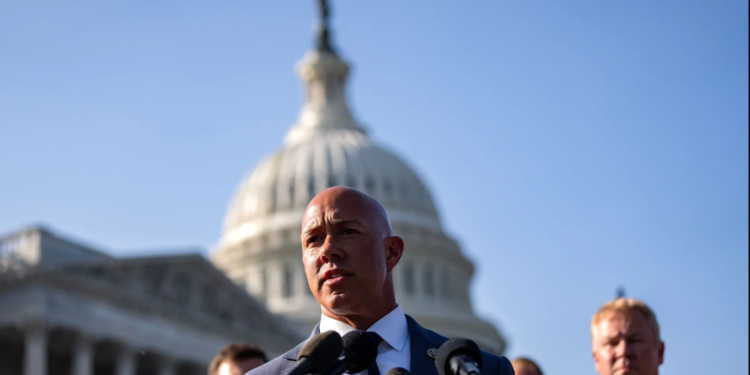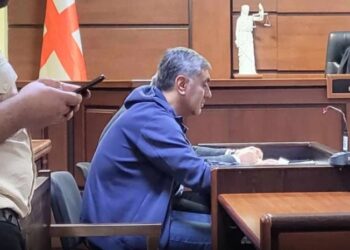For smaller countries stuck between Russia and the West, but without NATO protection, the big question remains: what happens to them, especially after the Ukraine war is over, whatever the eventual settlement might look like? Are they on their own, or does the West have a plan, a vision for them? Speaking to RFE/RL’s Georgian Service at the Munich Security Conference, Brian Mast, Chairman of the US House Foreign Affairs Committee, dismissed any notion that countries bordering Russia might become buffer zones or bargaining chips in future great-power negotiations between the U.S. and Russia.
“There won’t be a situation where these countries that are close to the rim of Russia will be any kind of buffer, any kind of conceded space, anything,” Mast stated firmly. Instead, he argued, alliances with the United States and its partners would be defined by strength, not by compromise.
“The stronger somebody is, the better partner we will be—not because somebody is strong, or because we are strong, and therefore they can do less. It will be everybody reaching for greater and greater strength,” Mast continued, emphasizing that the US approach would not favor weakness or complacency.
Mast also pushed back against the idea of the underdog narrative in international politics, saying that while it may sound good in books and movies, it doesn’t work in reality. “In real life, even the smallest dog tries to get stronger, fights outside of its weight class. You being stronger doesn’t make us pull back—it makes us have a greater desire to be your partner,” he said.
When asked about countries that might be tempted to align themselves with Moscow—perhaps enticed by the absence of demands for democracy or respect for human rights—Mast was equally blunt.
“There will be two paths on the globe, and at the end of these four years, the world is going to see that,” he said, referring to the period ahead under the new U.S. administration. “Anybody that was ever considering this other path will find that the path of the United States, NATO, EU, Israel is much stronger. And the path of China and Russia? Nobody’s going to be interested in that, because ours will be the right path, the strong path, for everybody to see.”
His message was clear: the West isn’t backing down, and neither should the countries that see their future with it.
The 61st Munich Security Conference kicked off on February 14, with discussions primarily focused on the war in Ukraine. Ukrainian President Volodymyr Zelenskyy is attending the conference alongside German Chancellor Olaf Scholz, while US Vice President J.D. Vance has also delivered a speech.
Interview by Vazha Tavberidze














